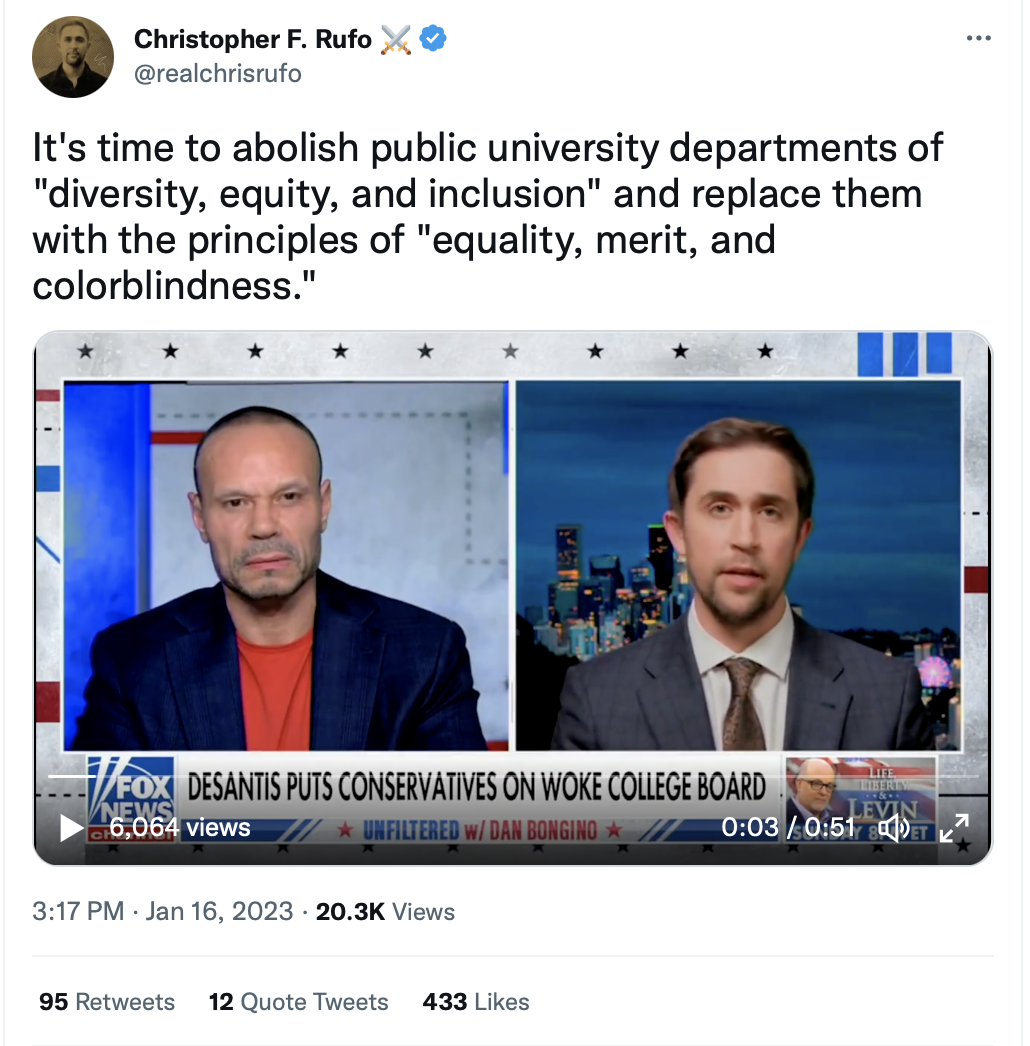I just finished reading "The Lunacy of U.S. Racial Categories," by Rich Lowry of the National Review.
I completely agree with Lowry, having just heard David Bernstein discuss his new book on Coleman Hughes' podcast: Classified: The Untold Story of Racial Classification in America. I'm currently reading Bernstein's book and I've already read Bernstein's amicus brief filed in the Harvard affirmative action case, in which he makes a mockery of America's "racial" categories. Here's an excerpt from NR article:
It’s not just that colleges and universities discriminate on the basis of race, ethnicity, and national origin. They do it badly. This is one of the themes that emerged in the oral arguments at the Supreme Court in the Harvard and University of North Carolina affirmative-action cases last week.
The racial categories that the schools use are completely bonkers, an arbitrary mess mostly left over from the work of federal bureaucrats in the 1970s that can’t withstand the slightest scrutiny.
The administrators who rely on these categories are beholden to senseless and unscientific distinctions — they aren’t even competent or rational racialists. . ..
As the Bernstein brief notes, the Hispanic category “includes people whose ancestors’ first language was not Spanish and who may have never spoken Spanish. This includes immigrants from Spain and their descendants whose ancestral language is Basque or Catalan. It also includes indigenous immigrants from Latin America whose first language is not Spanish, whose surnames are not Spanish, and whose ethnic and cultural backgrounds are not Spanish.

